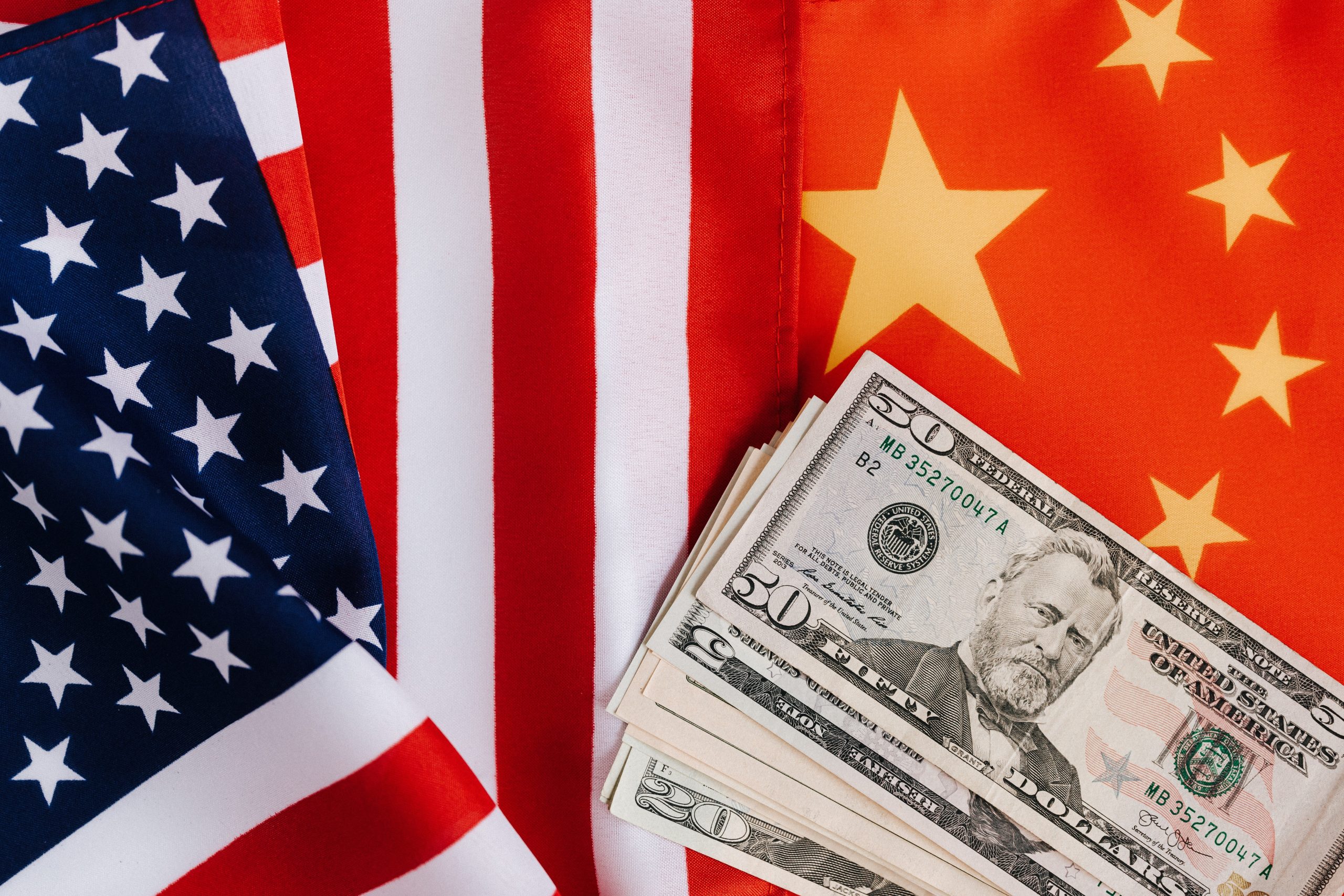In recent years, the ongoing trade tensions between the United States and China have dominated headlines across the globe. While this issue has had far-reaching effects on various industries, one of the most prominent players impacted by it is Apple Inc. With its extensive supply chain rooted in China and a significant portion of its revenue coming from both Chinese consumers and exports to that nation, Apple has been forced to navigate choppy waters in order to remain profitable amidst these tumultuous times. In this blog post, we’ll explore the impact of US-China trade tensions on Apple’s business operations and future plans, as well as what steps the tech giant may take to mitigate any risks or challenges that lie ahead.
The trade tensions between the US and China and how it has impacted Apple
As the trade war between the United States and China continues, many are wondering how it will impact Apple. After all, Apple is a company that relies heavily on Chinese manufacturing for its products. In addition, China is also an important market for Apple, accounting for 20% of its revenue.
The trade war has already had an impact on Apple. The company recently announced that it was going to miss its revenue guidance for the first quarter of 2019 due to lower than expected iPhone sales in China. This is largely due to the fact that the trade war has caused economic uncertainty in China, leading many consumers to hold off on big purchases like iPhones.
Apple is also feeling pressure from the Trump administration’s proposed tariffs on imported goods from China. If these tariffs go into effect, they would likely increase the cost of Apple’s products, making them less competitive against other brands. In addition, the Trump administration has also hinted at banning Huawei products from being sold in the US, which could further hurt Apple’s business in China.
Despite all of this, Apple remains committed to its operations in China. The company recently announced a new $1 billion investment fund to help support Chinese businesses and developers. It also continue to open new retail stores in the country.
It’s clear that the trade war between the US and China is having an impact on Apple. How long this impact will last remains to be seen, but it’s certainly something that investors and consumers will be keeping an eye
Apple’s current plans in light of the trade tensions
Apple is currently caught in the middle of the ongoing trade tensions between the United States and China. While the company does not directly produce its products in China, a large portion of its supply chain is based in the country. As a result, Apple has been negatively impacted by the tariffs that have been imposed by both countries on each other’s goods.
In response to the situation, Apple has been forced to make changes to its business plans in order to mitigate the impact of the trade war. The company recently announced that it would move production of its new Mac Pro computer from China to another country. This is a direct response to the 25% tariff that has been placed on imported Chinese goods by the US government.
While this move will help Apple avoid some of the negative impacts of the trade war, it is also likely to cause disruptions in its supply chain and increase costs for the company. Apple is also said to be considering shifting production of other products out of China if the trade war continues to escalate.
The trade war between the US and China is currently showing no signs of abating and it is uncertain how long it will continue. Apple’s current plans are merely a stop-gap measure to try and minimize the impact of this conflict on its business. In the long run, however, it remains to be seen how much damage this trade war will cause to Apple and other companies caught in the middle.
How the trade tensions may impact Apple’s future plans
The current trade tensions between the United States and China have caused a great deal of uncertainty for American businesses, and Apple is no exception. While the company has been able to weather the storm so far, it is unclear how long this will continue.
There are a few key ways that the trade tensions could impact Apple’s future plans. Firstly, the tariffs that have been imposed on Chinese goods imported into the US have made many of Apple’s products more expensive. This has led to a decline in demand for these products, as consumers are increasingly looking for cheaper alternatives.
Secondly, the trade war has created an uncertain business environment, which has made it difficult for companies to make long-term plans. This is particularly true for Apple, which relies heavily on Chinese suppliers for many of its components. The company has already started to diversify its supplier base away from China, but this process will take time and is likely to be costly.
Finally, the political climate between the US and China has deteriorated significantly in recent months. This could lead to further restrictions on American companies doing business in China, which would be a major blow to Apple.
All of these factors combine to create a very uncertain future for Apple. The company is still immensely profitable and continues to churn out groundbreaking products, but it remains to be seen how long it can weather the storm of the trade war.
Conclusion
It is clear that US-China trade tensions have had a negative impact on Apple, making it difficult for the company to operate in China. However, Apple has been quick to respond and adapt to these changing circumstances. The company’s recent strategies demonstrate its commitment to ensuring long-term success in the Chinese market despite current difficulties. By focusing on localizing operations and building relationships with key partners and stakeholders, Apple is well placed to navigate the challenging landscape of US-China trade relations from here onwards.










